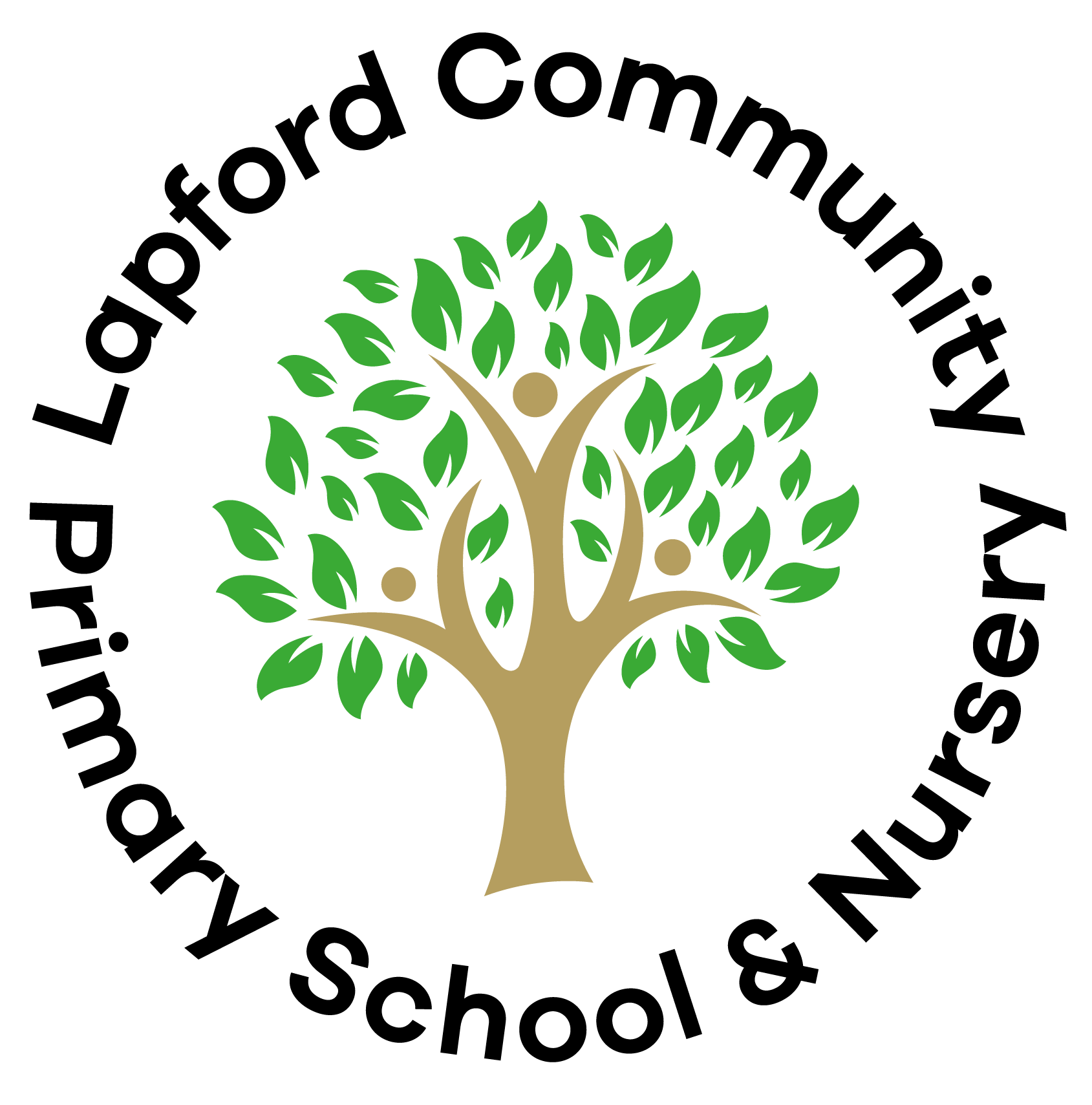Science
Subject vision:
‘Learn from yesterday, live for today, hope for tomorrow. The important thing is not to stop questioning.’ – Albert Einstein
At Lapford Community Primary School we aim to inspire the children by providing a broad, balanced Science curriculum that encourages exploration of the world around them through practical investigations and observations. The children engage in their learning through discussion, exploration and outdoor learning. We teach the necessary scientific tools needed to enable the children to be successful in answering scientific enquiries, make conclusions and to reflect on their prior learning to predict further investigations.
Intent:
Through teaching Science, we aim to provide our pupils with the foundations to understand the world around them. The aim of our Science curriculum is to make sure that all our children become scientifically literate and to develop teamwork skills by discussing ideas, listening to others and making their own conclusions.
At Lapford Primary School, Science is about enabling our pupils to experience and observe wonders in the world around them while progressing to utilise our knowledge and skills to produce a more sustainable and brighter future. They are encouraged to be curious, ask questions about what they observe and should be helped to understand scientific ideas by using different types of enquiry to answer their own questions. They are given the opportunity to conduct regular practical experiments and follow their own lines of enquiry.
Implementation:
Early Years Foundation Stage:
Exploration is vital to learning Science and in the EYFS it is a practical experience through ‘Understanding the World’ in the continuous provision. It is child led and enhanced weekly, based on their curiosities and the current season. It is also built upon in the development of the skills within ‘Understanding the World.’
EYFS Assessment and evidence gathering:
The specific areas of ‘Understanding the World’ and ‘Physical Development’ in the Early Years Foundation Stage contain the Science objectives which should be covered. Pupils should be learning scientific knowledge and vocabulary and ‘working scientifically’ appropriate to their developmental age. Evidence is logged on a spreadsheet termly through free-play, with the ‘Understanding the World’ or ‘Physical Development’ objective clearly defined on weekly plans for focused group work. ‘Understanding the World’ covers most of the areas of Science such as: materials, plants, living things, forces, senses and animal life cycles. ‘Physical Development’ also covers areas of Science such as: healthy eating and dental care.
Year One to Year 6 Science Curriculum:
Year One – Year 6 follow the National Curriculum.
All years should plan at least six practical investigations per year (one per half term) in which children build on practical skills to enable them to complete successful enquiries. Each of the 6 lines of enquiry are also planned into each half term to allow the children the opportunity to focus on each individual method of enquiry.
The Golden Threads
Within each unit of study, we have instilled 6 lines of enquiry as the ‘Golden Threads’ to ensure each unit maximises the children’s abilities to work scientifically. We believe these skills are fundamental to succeeding in scientific study and investigation and consist of the following:
• Asking questions about what they are taught
• Making observations and taking measurements to collect data and support arguments or theories
• Performing tests to confirm or challenge their predictions and understanding
• Answering questions and drawing conclusions based upon their findings
• Identifying and classifying using evidence and observations to support
• Gathering and recording data as a means to further develop their understanding
• Using evidence to secure understanding and develop knowledge of the world around us.
Evidence of work for Years One to Six will be in children’s Science books or on science displays. Specific evidence of working toward, expected and greater depth will also be stored at the start and end of the academic year against the AT1 strands for that year group. Knowledge organisers encourage the use of Scientific language and accurate recall. Teachers engage pupils through inspirational hooks using Scientists or materials, which supports them to answer their Big Question.
Impact:
All years use front covers with the National Curriculum objectives on. These support children to be reflective on their learning during a topic and encourages use of scientific vocabulary in their learning. These are self assessed by the pupils at the end of a topic and then assessed by the teachers to gain a better understanding of the academic levels for each pupil. Teachers assess the AT1 skills at the end of each topic to allow for accurate data collection at the end of the academic year. Teacher observations are used to inform final assessments, with notes in the Big Class book or Science books to support these judgments. Models, photographs and videos are also used as evidence to support final judgements.
Achieving Greater Depth in Science:
Children are given the opportunity to show their knowledge and skills through interactive displays with challenges and questions to further their knowledge of that topic. CPD has been given to all staff on how to assess for GD pupils and how to extend them whilst working on the National Curriculum objectives.
